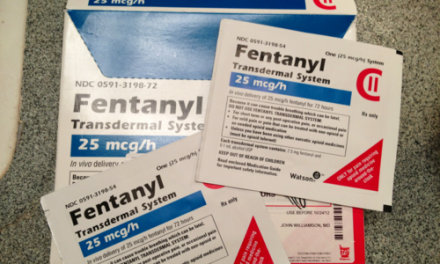And the truth did emerge in two separate recent instances, both involving fentanyl; professional athletes, one active, one retired; and a lot of deception, of self and others.
You may remember the surprising death of Tyler Skaggs, a promising 27 year old starting pitcher for the LA Angels, in a hotel room in Texas where the team was scheduled to play. Cause of death: overdose on a combo of fentanyl, oxycodone, and alcohol.
This link is to a later piece by an expert in sports law who examines the merits of a recent suit filed by Skaggs’ family. Apparently Tyler had used opioids for an extended period, some of which had been supplied by a member of the team’s PR staff with a serious drug problem of his own. That employee claimed to have used drugs not only with Tyler but with five other players.
He admitted having supplied Oxy to Skaggs in the past, but denied providing fentanyl. Besides, he insisted, the Oxy in the player’s system when he died could not have been his, because, according to the article, “the last time [the employee] had provided Skaggs with oxycodone was a day or two before the trip to Texas. Skaggs, from Kay’s experience, ordinarily used oxycodone immediately upon receipt.”
That’s some defense, fella.
The lawsuit claims the Angels should be held responsible for the player’s death. The legal expert points out the challenges in demonstrating organizational liability when an adult who works for a company uses illicit substances on his own and subsequently ODs. I wouldn’t venture an opinion as to how this will turn out, except there will no doubt be bad feelings generated on both sides.
The second case involves the arrest of Jeff Hatch, a former NFL draft choice who had become a leading advocate for recovery in New Hampshire, a state hard-hit by the epidemic. This case is actually far more convoluted than the first. It turns out that Hatch had been using opioids and also dealing opioids while representing his employer to the public. Here’s the Jeff Hatch story.
Some people are surprised that someone could function at such a high level in public despite significant drug use, but that’s something addiction has been known for. A bigger mystery is how his boss, the closest of friends, in longtime recovery and the founder of a major treatment provider — still missed all the signs.
In a way it reminds me of stories about family who discover that dear old Dad has another wife and set of kids hidden away in a nearby city. “We had no clue,” they invariably say. Of course there were clues, but the notion of someone they loved engaging in that level of deception was too foreign to accept. Until law enforcement swooped down with a net, and the secret was finally out in the open.
We could argue that of the two, Hatch was the lucky one. If fortune had been with Tyler Skaggs, somebody would have found and revived him while there was still time.
Then we could be reading about Tyler’s shame instead of his untimely death, and the bitterness that follows.













